
In A Grove 2025 Integrated Arts Journal
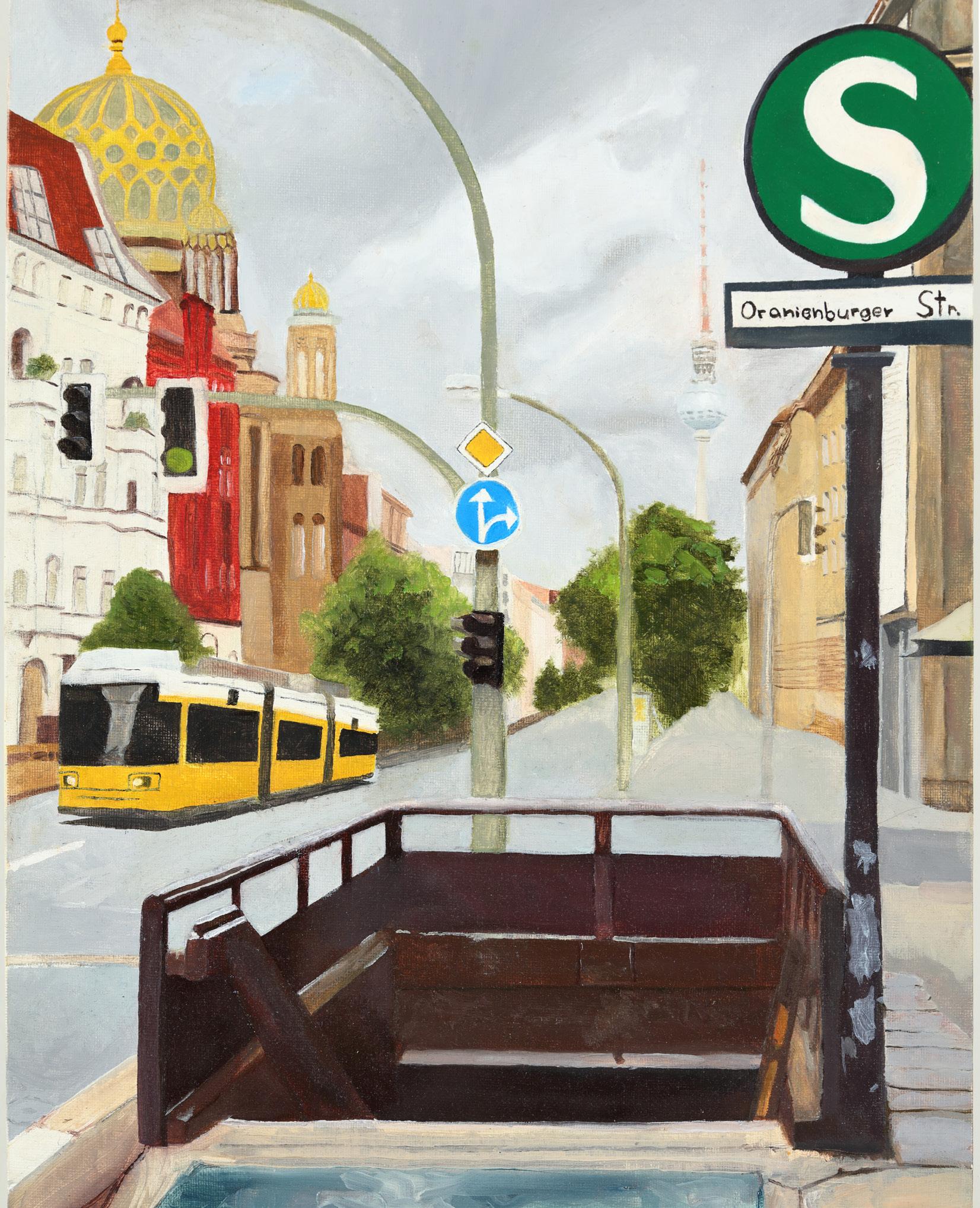


In A Grove 2025 Integrated Arts Journal


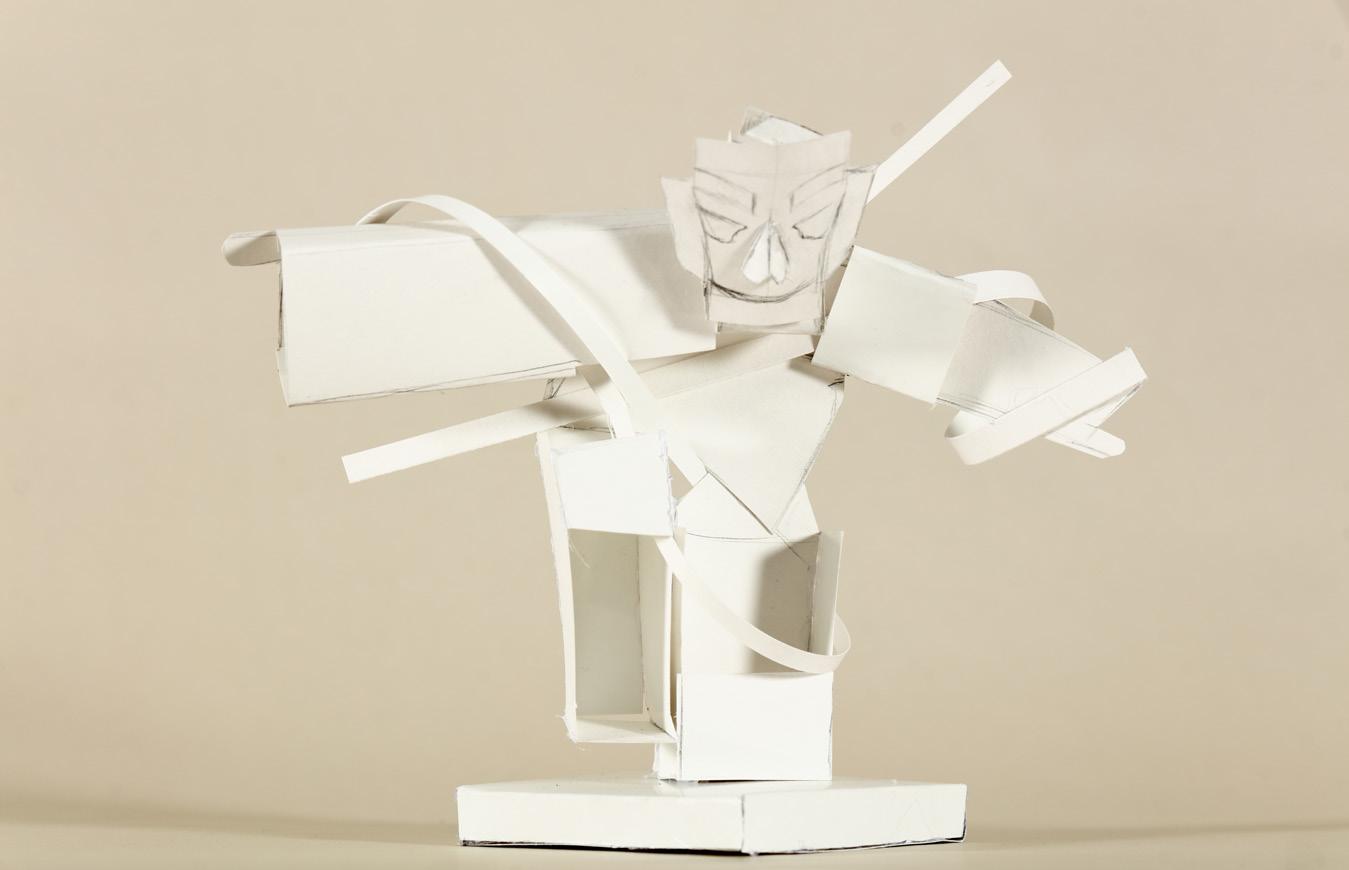
How do you breathe when a loved one is lost?
Are you supposed to inhale the air that took away an innocent soul, Or hold your breath, afraid to let go of their spirit?
Your thoughts are beyond description, For at times, they overpower even you, Restricting the lungs, forgetting to draw breath
There’s a stillness in the air; something is missing
A space where their presence once lingered,
Now filled with quiet, Hollering memories at you
The world moves around me, But I can’t seem to follow
You’re still back there, Frozen in time
My breath is still frozen in time
If I breathe, do I move on?
If I exhale, is that forgetting your touch?
I try to fill the emptiness with words, But they scatter like leaves in the wind
Nothing reaches the depth
Of what it meant to be with you
Each day, I walk through the motions,
But my soul is heavier than it once was,
Carrying the memory of you
And yet, there’s a strange peace in the silence
A reminder that love does not fade in absence,
But lingers in the spaces we are no longer whole
I feel it when I’m back at the house, Where I unknowingly said my last goodbye
Perhaps this is how we learn to breathe
Without what we once couldn’t live without
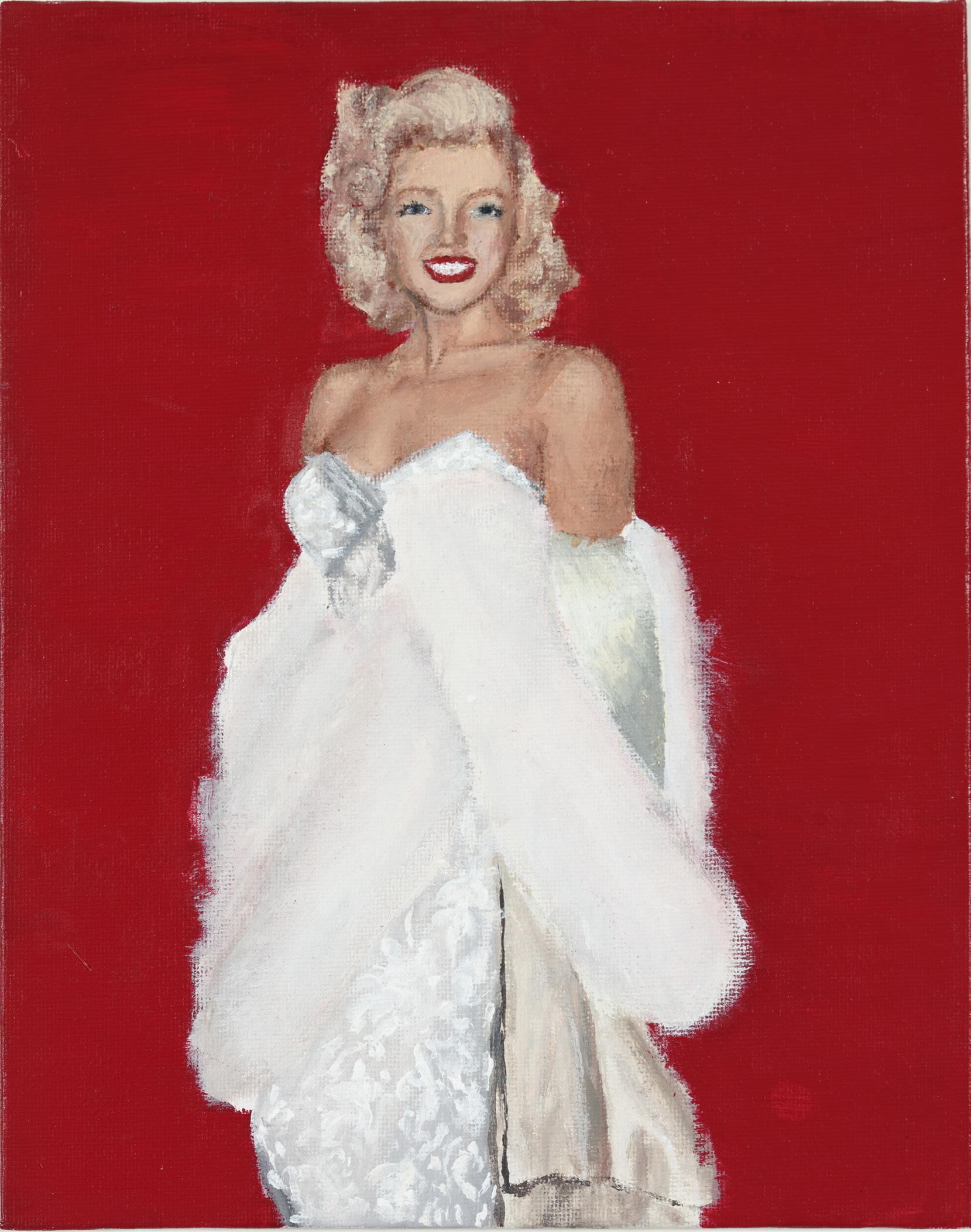

Simple things mean a lot to me. they open my eyes to a world full of curiosity, where the smallest moments are just enough to be. Why not let every second be a key to a new world— one with twists and turns and swirls, where even common sense can be uncurled? But I suppose they live just beyond the thoughts I have to think, tucked in the crevasses, in the places where I blink. Simple things mean a lot to me. They are the thread of every memory, trapped inside this vast, endless case I call my mind. But now— I’m growing. And I’m not changing... but the world around me is. Everyone else shifting from the now to the what ifs. Everyone else’s lives They penetrate my eyes.
I scroll so long, my phone gives up on me and dies. And society it seems to have settled on a consensus that we should all be the same. It’s exhausting. It’s relentless. So maybe I just let it be Skip through the Grove and hug a tree because simple things they always have and always will will mean a lot to me
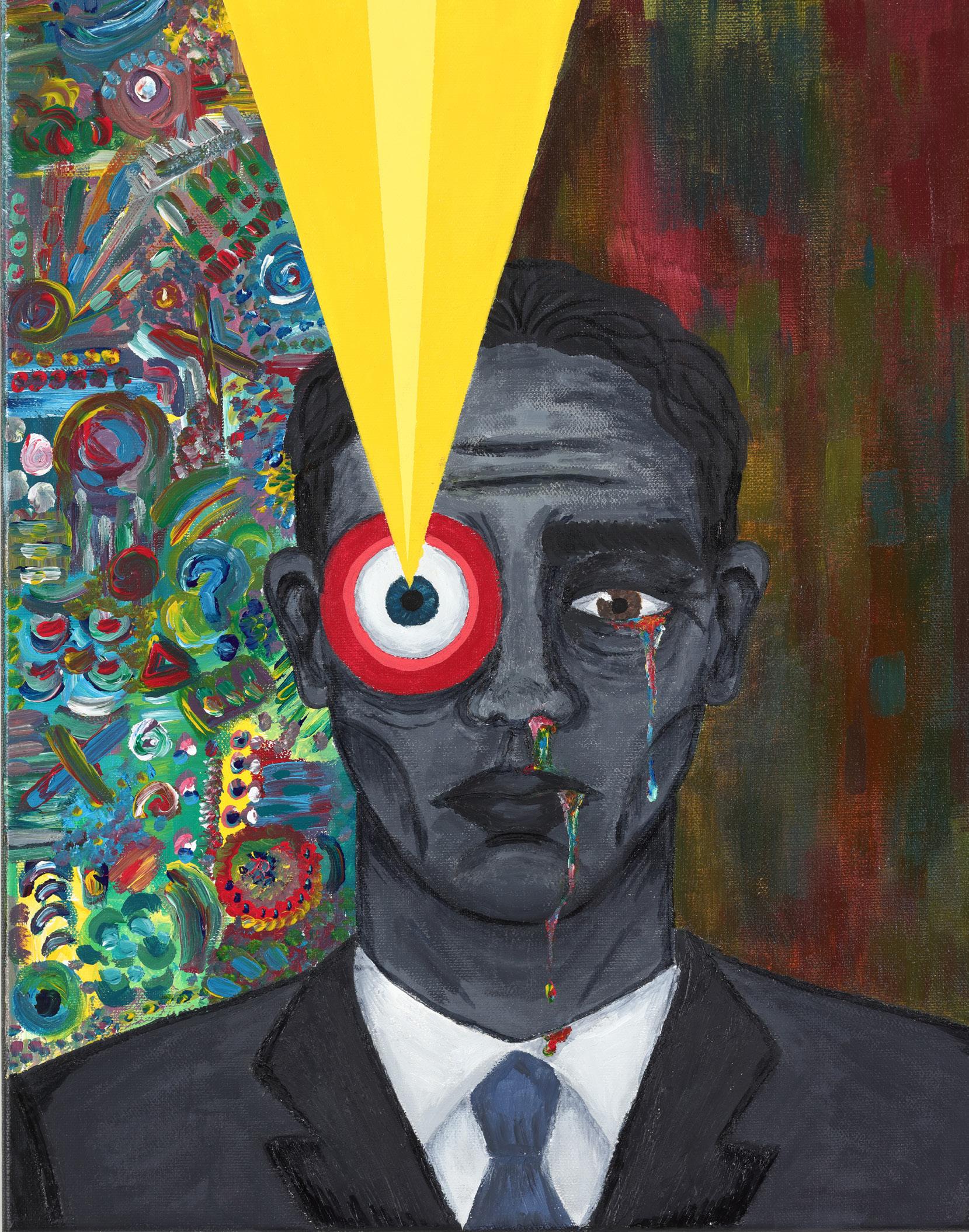
The first thing I want to do when I get home from school is sink into my bed. But after school I’m usually sweaty, grimy and smelly so I don’t want to contaminate my beautiful bed. I would change into clean clothes, but I would be getting those dirty as well since I haven’t showered yet. I would shower but I am way too exhausted from the two classes and a spare I had that day, and I just want to collapse in bed. So I end up, standing still in the middle of my room, frustrated, indecisive and wasting time.
Juice dispenser
The dining hall juice dispenser has a no-touch mechanism to dispense juice. I could either hover my hand over the sensor or touch the sensor to get my juice. But I tend to panic at stupid things and overthink my decisions, so I can’t decide whether to hover my hand or press the sensor and end up awkwardly high-fiving a juice dispenser praying no one thinks I’m lame enough to high-five a juice dispenser.
Sneezes
There are way too many words spoken after a sneeze. First, after the sneeze itself is the polite “bless you”. (After this polite “bless you” is where shit really gets ridiculous) Followed by a “thank you” said between someone’s exasperated voice and sniffles. Finally, the cherry on top to this awkward sundae is a hesitant, and quiet “you’re welcome”. Said in a tone that screams the person knows how awkward this whole interaction was.
If there is an odd number of people at a rectangular table, there will always be someone awkwardly off at the end, with no one in front of them to balance the people out. This person will never get their two cents in, hear that funny joke that made everyone roar with laughter, or hear that gossip that just had to involve everyone leaning into the center, effectively othering the poor person on the awkward end. Worst of all, it’s nothing personal and it’s bound to happen to everyone, eventually.
My dad would be considered a super well-mannered guy based on how punctual he is to everything in life. For an event beginning at 5:00 pm you bet Jimmy Ardila will be downstairs at 4:30 panicking at the thought of being late. He perfectly times the car drive pulling up to the hosts house right at 4:55. He takes a four minute breather (hands still gripping the steering wheel) before making his way to the door at 4:59 with the confidence of an olympic medalist. He then rings the doorbell right as the clock hits 5:00. I’ve learned over time that it was neer about manners or respect, but just about claiming the most comfortable couch in the living room
The letter Q on my laptop refuses to do its one job: work. It’s jammed in such a way where I have to repeatedly press it, each press angrier than the last. When I type, you can tell a word has the letter Q, because there will be the rhythmic crisp clicks of the rest of the keys and then there will be a short pause before a random, outlying “clack!”. Sidenote: My name at the end of an email will be “Rauel” If I don’t double check.
The times I’ve injured myself were all stupid. There was never a battle or a cool story to show for them. Scar on my forehead? I spun around too many times as a child and bonked my head on a corner. Broken wrist? My legs fell asleep when I stood up too quickly from slumbering on an airport chair and I fell on my ass (and wrist, of course). But something that did come out of those moments were a funny lunch story and this encyclopedia entry.
smell
My favorite thing to do when I open a new book is to smother my face between the pages and take a sniff kong enough the words would start coming off. Same goes for new shows. I love shoving my nose in the shoes with no shame. It’s pure, untouched, crisp, unidentifiable scent before it’s tainted with human grime and natural age.
Glasses, I just lost my
I just lost my glasses the other day and instead of panicking and searching for them as if they had a ticking time bomb, I have decided to treat my glasses like a family whose cat tends to go missing every so often. They know the cat will return eventually and they trust to look up one day from their morning coffee and see their beloved feline friend scratching the glass pane doors. Eventually, my glasses will turn up. (edit: they did)
Small talk
I enjoy small talk. Talking about the most ordinary things in life is so refreshing.
Like, yeah, the weather has been ridiculous this week! I can’t believe it rained on Monday but it was as sunny as Hawaii on Tuesday! I also do think this classroom is very cold! And it was a crazy sports game! (I don’t watch sports but I know that’s another topic of small talk.) I think it’s good to take a moment and appreciate the ordinary aspects of life with another, ordinary person.


Carina Mayr ‘26 “Chapter 16” — Grade 11
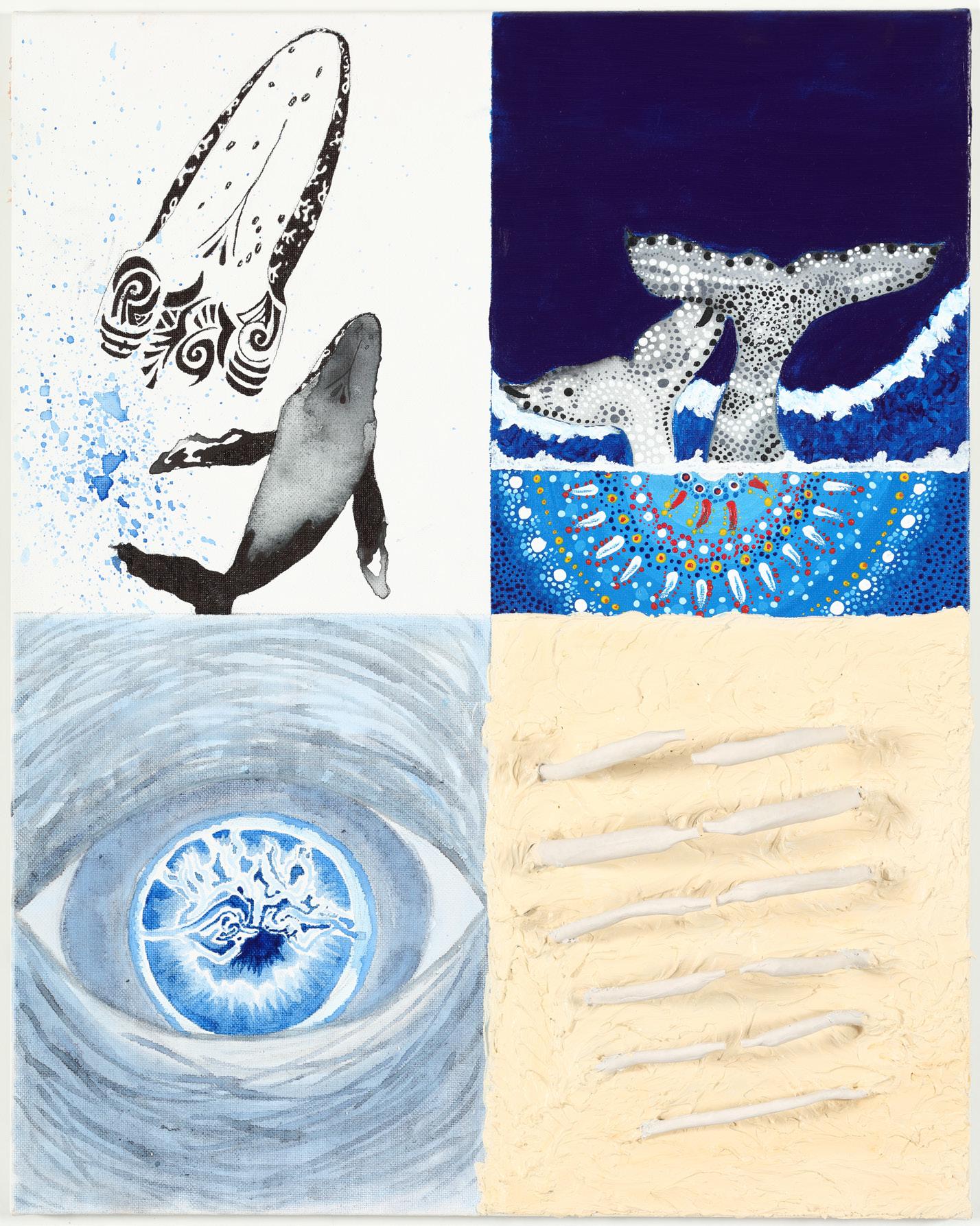
There is something so interesting about wishes
Do they ever come true?
They say that’s up to you
Oh but if they only knew
My wishes get more beauty sleep than the thoughts inside my head
That is why when you see me at school
8:30 am
I look dead
They say you just need to eat better
But a full stomach only makes it all worse
It is my curse
And the nurse says they don’t know how to fix me
I say I wish I could feel again
Give me ice for my heated mind
Give me Advil for my painful smile
Give me bandages for my broken heart
So I can feel again
And maybe I can wish to be an astronaut
So I can make the words “you’re out of this world” actually mean something I wish to play with the stars
Be overwhelmed by the beauty of Mars
Rather than being overwhelmed by
the gravity that holds me down to this Earth
Stuck here since my birth
It is my curse
I wish “doctor doctor help me please
My knees my knees are paining me
Never turned into “doctor doctor save me please there’s darkness festering inside of me”
Help me get up out of bed each day
Help me eat
Help me talk
Help me sleep
Help me live
Help me
Save me
To which the doctor replies they don’t know how to fix me
There’s something so fascinating (pitiful) about wishes
Do they ever come true?
They say that’s up to you
11:11
Blow out your candles
Throw a penny in the fountain
Make a wish
Make a wish
Make a wish
What say you?
I wish that all those wishes actually came true
I wished upon a shooting star
Please tell me you weren’t for nothing
Please tell me I’m not for nothing
Please don’t take advantage of a little girl who wishes to fly among beautiful birds in blue skies
Please don’t make her cry
Please make her believe the phrase “it will be alright” isn’t just four words on a string
Please tell her it will not get worse
Please tell her she is not the curse
Please tell her that the universe wants her
Needs her
Please
You know I wish I could beg you
But I’m too tired
Of making wishes that don’t
That won’t
Come true

Somers Stevenson ‘26 “Maybe I’m Dreaming” — Grade 11
I made my first hundred today, felt its weight, crisp and new.
A hundred—so much when I was small, ten and twenty yuan folded neatly in my cloth wallet, enough for rice ball, oden, and chocolate after school. Maybe grandma slipped me extra when I wasn’t looking, maybe Grandpa covered more than I ever knew.
That hundred felt endless, stretching across countless afterschool snacks, never running out.
Now, a hundred is just twenty dollars. Twenty dollars is a takeout box from Shanghai Food at Lansdowne Center, half a random buffet, a forgettable line on a never-ending bill.
Happiness used to be simple— afternoons spent in Grandpa’s chair, making slime in Grandma’s kitchen, her worried eyes watching, soft warnings about chemicals,
but she let me play anyway, because she knew I loved it.
Happiness is still simple— Grandma shaking her head at my football bruises, muttering about injuries, but still letting me play, because she knows I love it.
Some things have changed. Some things never do.
Your love is like a sonnet sent from hell.
While hearts carved by a demon hug my side
And linger like a kiss of cyanide. Aromas made to keep me in your spell.
“Entrance me Satan”, let me sit and dwell
On sights of hands that lovingly collide.
To have you as my bloodied perfect bride
Would end me in a floral prison cell Thy love hath made me quite a better man
And if this feeling ever were to cease, I’d die a painful agonising death, And so my love for you I made a plan Ensuring that I find my sweet release I’ll snip my veins to spare me of my breath.
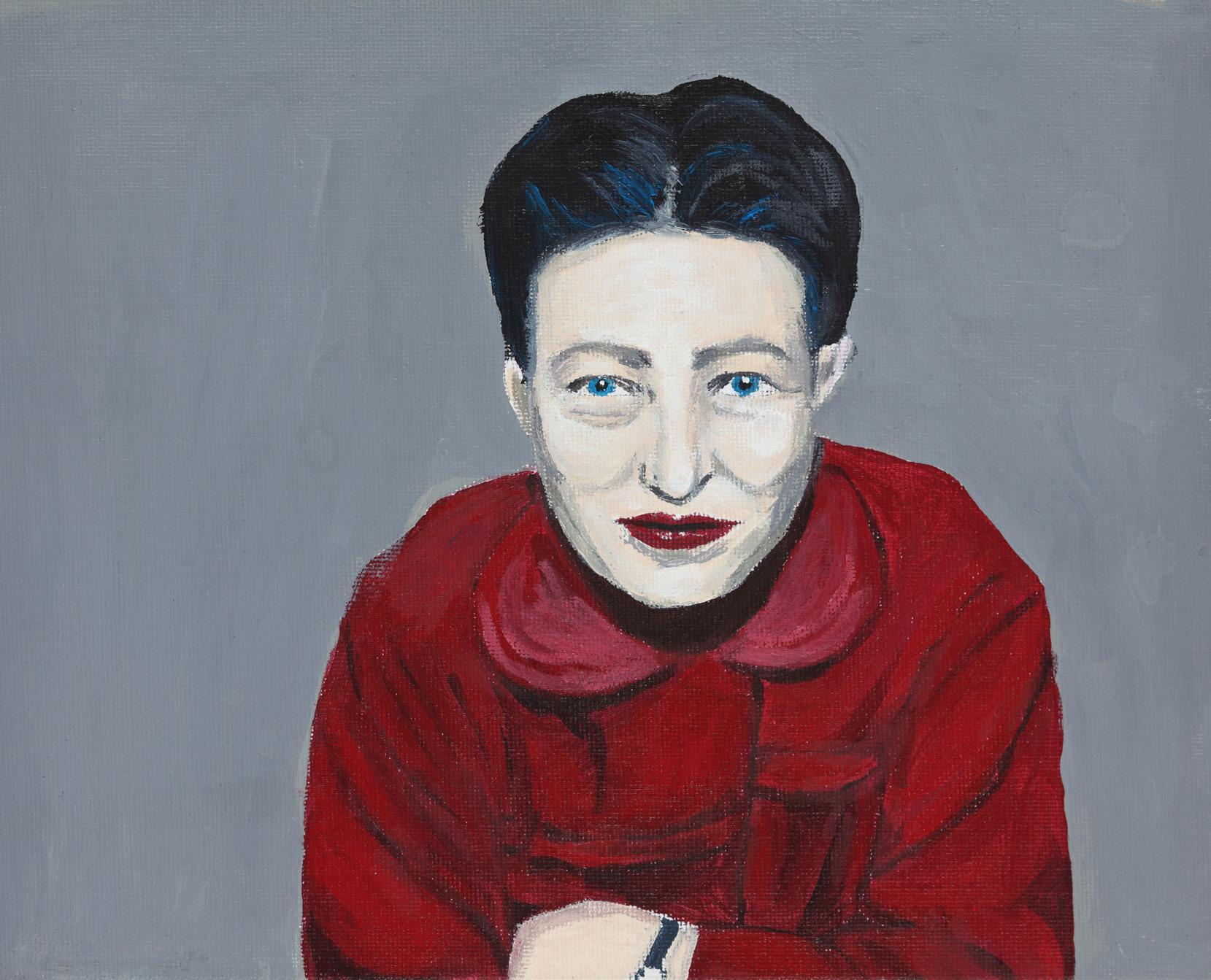

Two letters of power. They can do nearly anything.
They showcase your abilities, give you endless possibilities. They won’t yield. They won’t comply. They won’t take charge, but they won’t hide.
They will earn you control.
Two letters of choice. They can give you so much. They won’t settle for one opinion. They will search for millions. They are loyal to all perspectives, the experienced and the prospective. They can search through everyone in an entire collective. They will find the right answer.
Two letters of truth. They can show what really happened.
They know the goal that wasn’t breached, the standard that wasn’t reached.
They demand information. They seek honest explanations.
They won’t let you get away with what is wrong. They let you heal and move along.
They will always be genuine.
Two letters of art.
They are just two letters, but they had to have been precisely chosen. The word sounds the same spoken by so many names, it seems to sustain its power anywhere.
The jagged line shows harshness, then the circle gives clarity.
The “N” gives the word intense suspense, then the “O” gives it its resounding impact.
I see the beauty of these two letters!
There are times when we must hold on for our lives.
A situation that’s precarious. An action that’s nefarious.
A time that a solution must be found as problems surface everywhere.
Within a second, everything falls apart, as no one will change anything, give any information.
But that could change.
We wanted power, choice, truth.
We could get that satisfaction with just one other reaction, so small, yet so powerful.
Two letters of success!
If I must take charge but can’t do it on my own,
If I must make a choice but need more reasons shown,
If I must make someone tell me but they won’t make it known, I will say the word “no”!
And as the “N” gives the suspense, and the “O” gives the impact, I will have faith in these two letters.
Veda Cunniffe ’26 — Grade 11
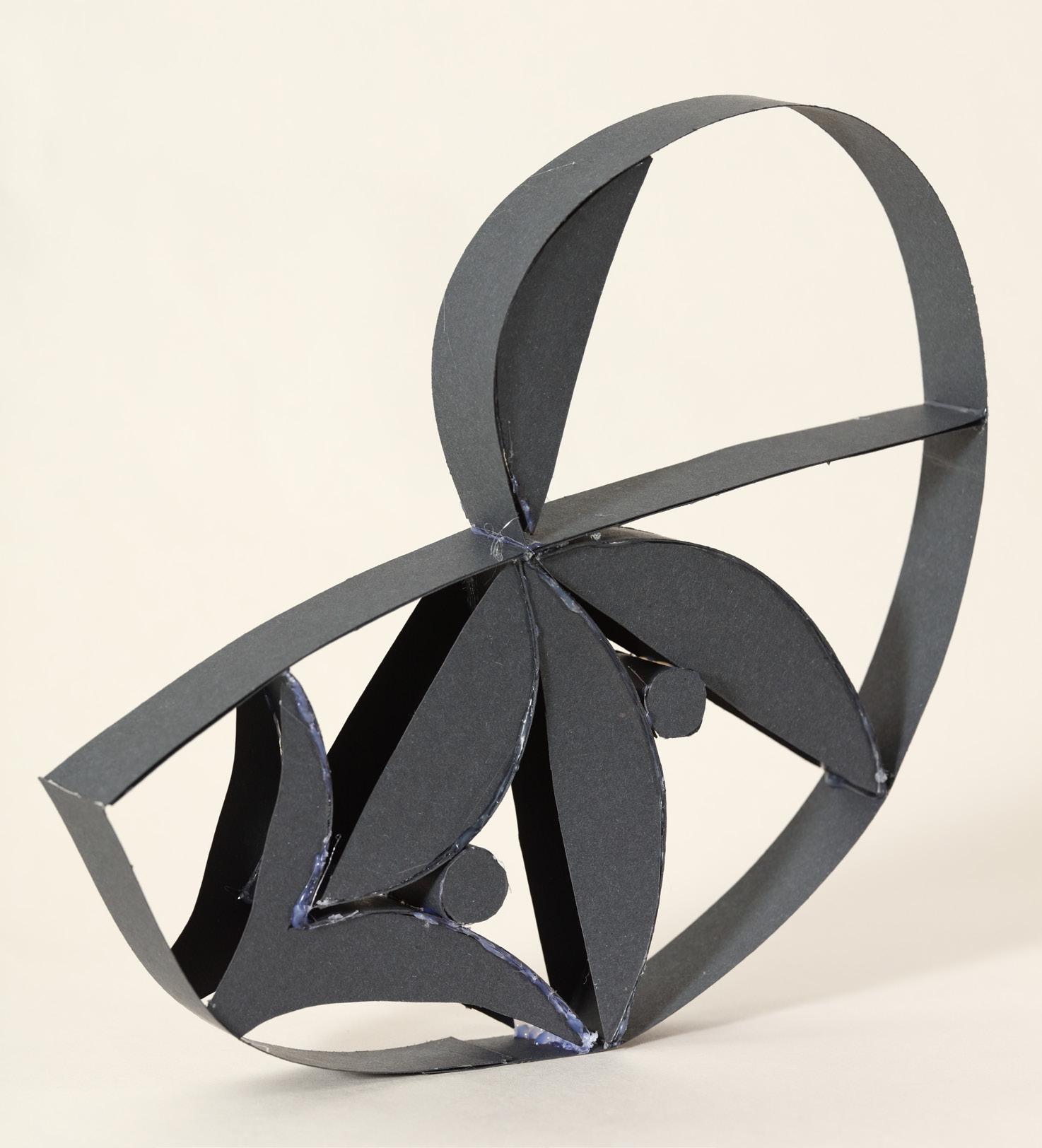
I was seven years old when I first saw Los Angeles. Not in person, but through my mom’s first-generation Apple earbuds from 2007, playing Katy Perry’s California Gurls on her second-generation iPod. I sat crisscrossed on my fuzzy pink rug, half-watching my favorite Disney Channel show Good Luck Charlie—the over-the-top laugh tracks drifting in and out of earshot, drowned out by Katy Perry’s autotune. My favorite Barbies were scattered across the floor in unflattering and frankly uncomfortable positions, dressed in cheap nylon bathing suits. To any adult—like my mother—it looked like a regular toddler enjoying a quiet afternoon indoors, away from the desert sun. But to me, it was more than that. It was my first introduction to the outside world. The first time I met Los Angeles.
I was thirteen when I actually landed in Los Angeles. My baby-blue Fujifilm Instax camera in one hand, the other hovering over the sizzling aluminum rail as I descended the steps. Though the 15-hour flight should’ve staggered my walk and forced my eyes to squint in protest at the bright American sun, just breathing in the hot, oddly sweet, slightly polluted air was enough to reignite something in me. It was everything I’d imagined since I first watched One Direction’s What Makes You Beautiful. It was a dream come true.
But dreams can only last so long.
I’ve grown out of my crooked teeth and my naïveté, and I understand now that Los Angeles is far from perfect. It’s flawed, broken, and certainly not what the movies or songs portray. Still, I believe there’s a way to love LA in spite of all that. It’s a dreamy, naive love—but one so strong it’s shaped the course of my life. LA doesn’t ask to be known deeply. It asks to be admired from a distance. A distance far enough for a seven-year-old in the Middle East to fall in love. Or maybe just close enough that the only thing separating you is a passport stamp marking you as a tourist.
Being, looking, and acting like a tourist is often met with sneers from locals. But being a tourist is one of the last true forms of escapism. A way to detach
from the real, disappointing rhythms of daily life—the errands, the repetition. To love LA as a tourist is to let yourself be starstruck by everything it offers. To experience it only through the lens of your camera. By taking a hundred blurry photos of the Hollywood sign from the back seat of your Uber, as if you’ve never seen a dry hill with bald spots before. By angling your phone so the sun glimmers on overpriced avocado toast, or so the condensation on your iced latte magnifies words like “organic” and “all-natural”—all that for $25 and a few trips to an all-gender restroom. By posing with every single star on the Hollywood Walk of Fame—even the controversial ones. By walking down Venice Beach with chafed thighs, sore feet, and trendy sunglasses that keep sliding down the sweat on your nose like they want to piss you off further. You speed through LA—not just down the street, but through the entire day. You say yes to every tour flyer shoved into your hand, stop at every trendy café, and snap photos of anything that might prove you were here.
You’re chasing a dream sold to you at seven years old.
But then, you look up from your screen for one second. You see something you haven’t captured yet. You slow down—just for a small moment, there on Venice Beach. You notice the way the sunlight flickers behind the palm tree leaves as you walk, hiding and reappearing like flashes from a paparazzi camera. The rubber wheels of roller skaters hum against the road. The distant laughter of teenagers living the dream you could only imagine. The dream Katy Perry sold you for $1.99 on iTunes.
You finally stop. You look out at the crashing waves.
The boogie boarders are black outlines against an orange and pink sky. Seagulls glide in and out of frame. A beach volleyball match is being played by people with magazine-cover bodies. It’s that picture-perfect moment. The perfect post. You pull out your overheating phone, smiling, and hold your arms in front of you.
“iPhone Storage Full.”
Your smile fades. A small, defeated chuckle escapes. You slip the phone back into your bag and let your arms fall to your sides. And for once, you just stand there.
No camera. No playlist. No proof.
As I’ve grown older, I’ve realized that the little world of LA I constructed in my head—through songs, pictures, and movies—will always be just that. A fantasy. I’ve only visited LA once—three days back in 2018. I’m not an experienced traveler, and I’m certainly not an experienced travel writer. Most of what I’ve written comes from distant memories and archived Instagram posts. I’ve experienced the beauty of LA through rose-colored glasses with the thirtydollar tag dangling on my nose, through screens two inches from my face, and through pop music blaring from the speakers of my mom’s Kia Soul.
And honestly, that’s the best way to remember it.
Through rose-colored glasses and camera lenses.

I’ve known Ed for as long as I can remember. He was always just there, lingering in the background of my life, never too close but always present. At first, I thought he was helpful, a guide when life felt overwhelming, the kind of person I wanted around. Whenever I felt stressed or out of control, Ed was there, whispering, “You’re not enough, but I can help you fix that.” And for a while, I believed him. Why would a friend not want the best for me? It felt like Ed understood my insecurities in a way no one else did, like he knew the secret to making me feel better. But with every piece of advice Ed gave, I unknowingly handed him a little more of my freedom. Over time, Ed began to occupy more and more space in my life. Soon, I couldn’t make even the smallest decision without his voice in my head. What started as harmless suggestions turned into demands. “If you want to be liked, if you want to be accepted, you need to do exactly what I say,” Ed would tell me. “Skinny is what you want, this is how you get there, trust me”. I abided by his rules because he made me believe I needed him, that without him, I’d be lost. Truthfully, I was lost. It was as if I had willingly handed over the control panel that had the authority over life, not realizing that with every step I took under Ed’s guidance, I was losing my sense of self. My freedom to choose, to be, was slowly slipping away from me little by little. It felt as though there was nothing I could do to fix the hold Ed had on me, he became the ruler of my world, mind, and body. My friends began to notice the shift. They’d invite me out, but I’d come up with excuses, subconsciously choosing to stay with Ed instead, though I never admitted that, not even to myself. Looking back, I wonder if I ever truly faced that reality. They were concerned, rightfully so. Those closest to me started to ask if I was okay, but I waved it off, assuring them that Ed was just helping me stay on top of things, helping me keep control. They hated my time with him and said he wasn’t good for me. But to me, he was. He kept me in line and kept me on schedule. Even if it was his schedule, it was structured nonetheless, and that was all I thought I needed. Still, deep down, I knew my friends had my best interests at heart. I faced the question: do I choose them or Ed? I chose Ed. Yet, no matter how obediently I followed him, it was never enough. He always
pointed out what was wrong and made me feel like I wasn’t doing enough, but oddly, there was a twisted comfort in his criticism. It was as though his constant disapproval validated my need for control, and gave me a purpose to keep pushing myself further. That strange satisfaction lingered until it didn’t. Then, I started to feel trapped. Ignoring Ed seemed impossible, he had woven himself so tightly into my life that the thought of letting go left me feeling hollow, even as his presence suffocated me more each day.
As time dragged on, Ed’s voice wasn’t just critical, it was relentless. He shadowed me, even in moments meant for peace, with constant guilt and self-doubt. Simple joys became tainted under his judgment. I felt undeserving of happiness. Worst of all, I didn’t know how to escape him. He had been my constant for so long, shaping every decision, and every thought, that I couldn’t envision a future without him. But deep down, I knew that this was not freedom. I wasn’t living for myself anymore, I was living for Ed, and it was costing me everything.
Then, one day, after yet another exhausting argument with Ed, I stood in front of the mirror and barely recognized myself. The weight of his demands felt like a crushing pressure on my chest, draining the air out of my lungs bit by bit. My reflection blurred and distorted until I felt like I was looking at a stranger, simply a shell, worn down and hollow. Panic washed over me like a cold tide. Had I lost myself completely? My mind spun between moments of clarity and confusion, and for an instant, it was as though I was floating outside of my body, watching my collapse unfold before me. The truth struck me with chilling clarity, perhaps I had been wrong all along.
Now, the story of Ed. For years, my relationship with food became a battleground. What started as innocent choices about what to eat slowly morphed into an obsession with control. Every meal was weighed down by guilt, every bite filled with shame. I would stare at my plate, calculating, bargaining with myself, trying to feel okay, but it was never enough all thanks to Ed. The mirror became my enemy, reflecting back distorted images that I couldn’t escape. I was trapped in a cycle of restriction and self-punishment,
desperate for control yet losing myself in the process. It was isolating, terrifying, and so deeply exhausting. My freedom of choice was nowhere to be found. Maybe Ed wasn’t my guide or my helper, perhaps he was the one holding me back, stripping me of my freedom bit by bit. For the first time, I allowed myself to think that I didn’t need Ed. The thought of letting him go was killing me, but his being around was killing me faster. Something inside me whispered that life without Ed might be better, even if I didn’t know what that looked like yet. This whisper was louder than Ed’s judgment echoing in my mind. So, I took a deep breath and decided it was time to take my freedom back, to say goodbye to Ed, no matter how hard it would be. I needed to allow the numbers on the scale to go up and know my worth wasn’t plummeting. Because, in the end, I realized that true freedom isn’t just about having choices. True freedom is recognizing my value. Recognizing that my value doesn’t come from someone’s opinion of me, a number on a scale, or even the grades I get. True freedom comes from having the courage to reclaim my life and be fully myself. Ed’s voice wasn’t just dictating who I should be and how much I should weigh, it was dictating the most important part of myself: my own self-worth. Like any toxic relationship, it was time for Ed and I to break up. To recognize that for me to reach my full potential he needed to be a distant memory. Like Princess Elizabeth in The Paper Bag Princess I too finally realized that my perceived prince of Ed was too a jerk.
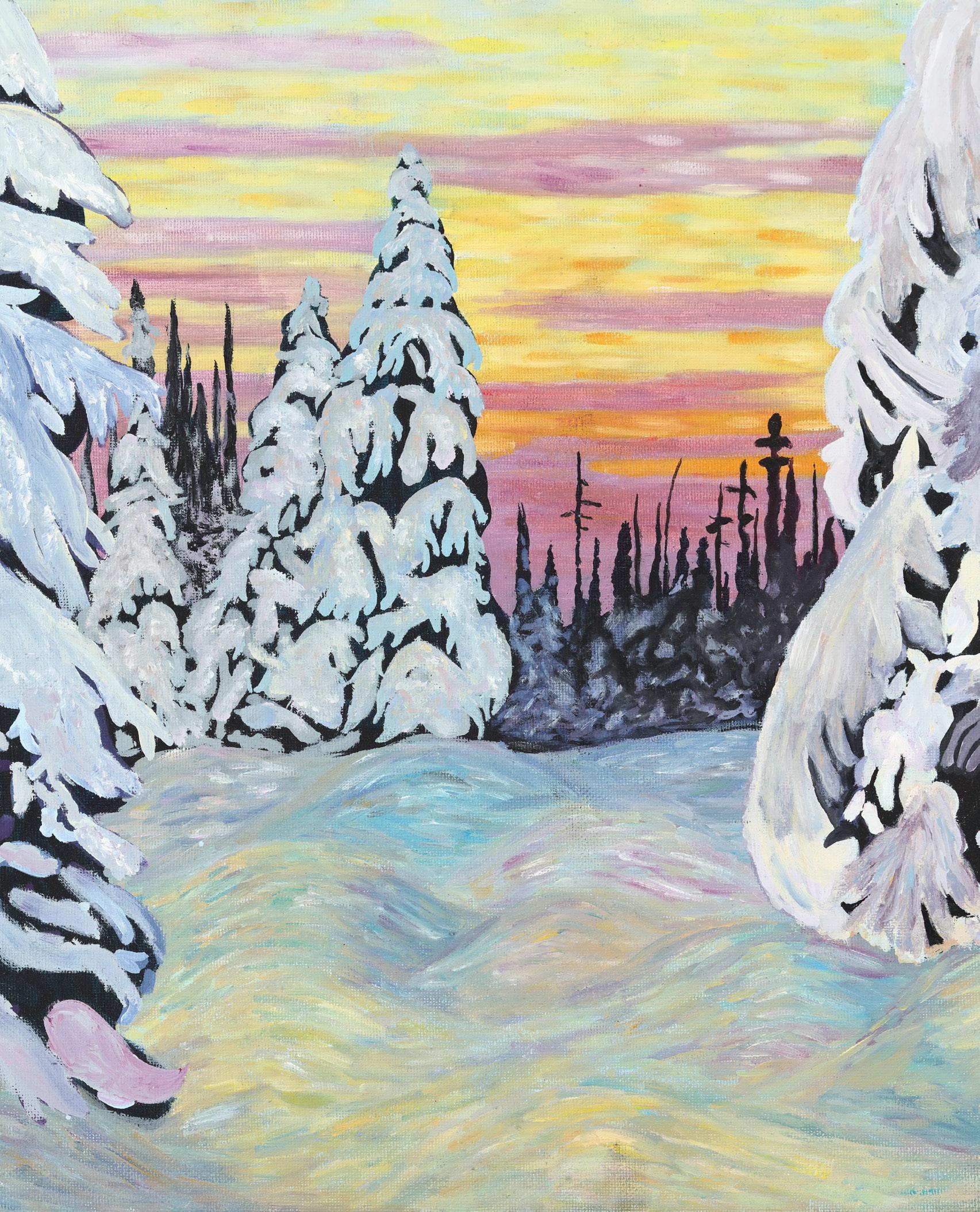
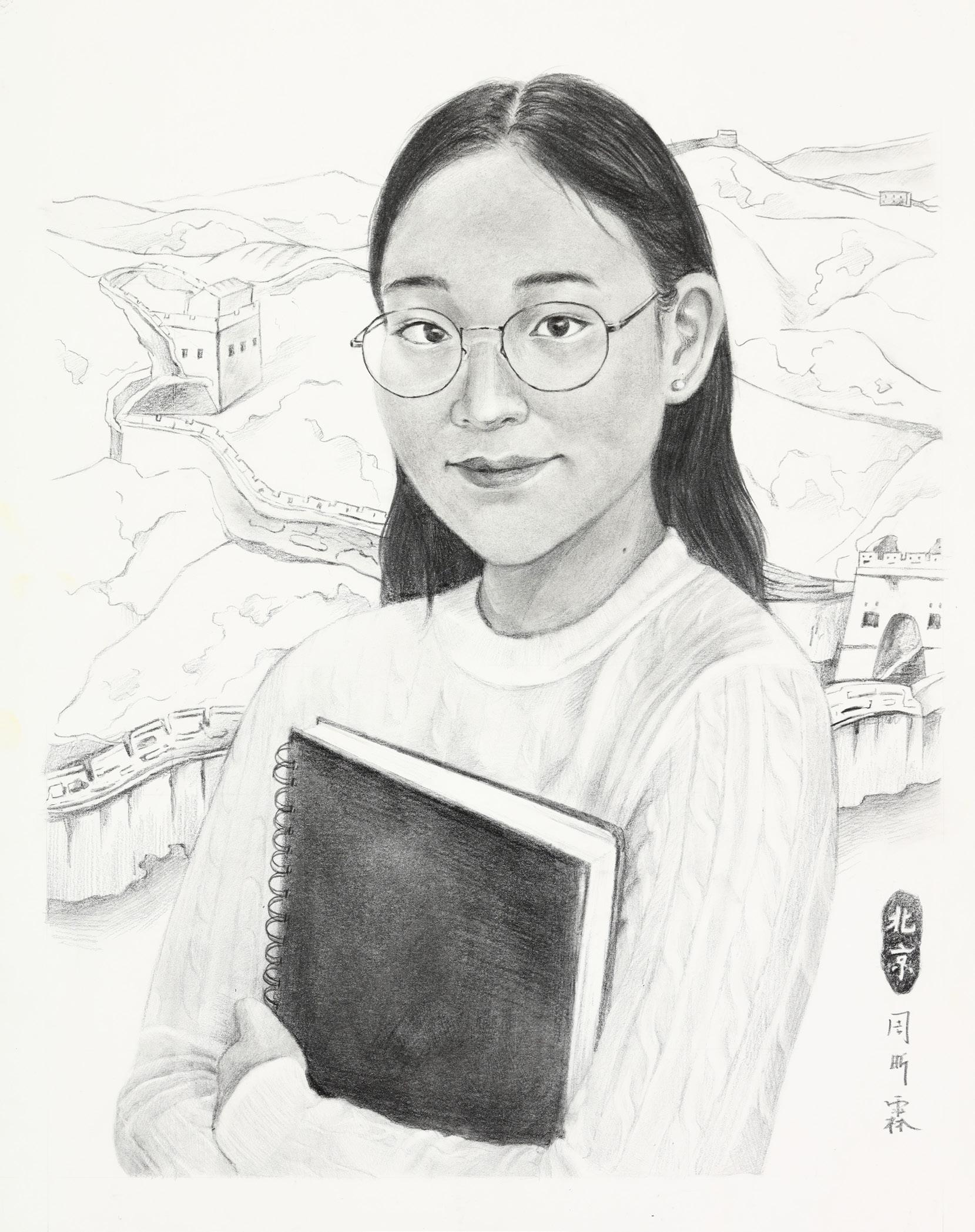
I grew up hearing the Chinese idiom “身,” which means “surrounded by blessings, yet failing to see them.” The phrase captures something deeply human: our tendency to want more, to reach higher, and there’s rarely such a thing as enough. This desire isn’t necessarily bad, it’s what drives ambition and what motivates us to keep going and live our lives. It’s not amazing either. A lot of the time, it hinders our ability to appreciate what we have and live fully in the present moment.
At my private school, complaints fill the hallways like background noise: “Why do we have to do this event?” “Why can’t they make better pasta?” “What’s the point of having a test?”. From assessments to mandatory events to outdoor activities to dining hall food … the list goes on forever. Although we have choices most students in the world would envy, dissatisfaction flows freely. We’ve developed a remarkable ability to find fault with even the smallest inconveniences, transforming privileges into burdens through our perception.
That one unexpected year at a public school back home turned out to be one of the most eye-opening experiences of my life. It was just a year, but it shifted how I saw everything. That might sound surprising, especially since I’ve been privileged enough to attend top private schools and receive an excellent education. But that one year in public school was, without exaggeration, one of the happiest years of my life because I was surrounded by people who found joy in simple pleasures and weren’t constantly comparing themselves to others.
Initially, I viewed this as a step backward until I visited my new friend’s apartment after class one afternoon. When I entered, I was completely shocked. The 400-square-foot space housed three people. Her room was so small that the two of us barely fit inside. Yet as we squeezed together watching funny videos on her small device, I noticed something striking: not once did she complain about her living situation.
This pattern continued throughout the year. My classmates got genuinely excited for cafeteria lunches I found barely edible; a Christmas class party with the simplest setup; or when they grasped a difficult concept in class. These reactions stemmed from genuine appreciation for experiences that hadn’t come easily to them.
Despite its absence of fancy facilities, the school cultivated something far more consequential: a community that approached education as a gift rather than an obligation or competition. My classmates supported each other, participated enthusiastically, and maximized every learning opportunity. They understood what many privileged students forget: that education isn’t guaranteed but a powerful tool not everyone can access.
In private schools, we have abundance in almost every area. Not only do we have better food, but we enjoy the luxury of choice. Yet so often, we forget how fortunate that is. When opportunities come easily, we stop noticing them. Many students lack the ability to even try performing well at school. While we complain about having ‘too many’ assignments or resources to manage, many students worldwide lack even the basic conditions that allow them to focus on education: adequate nutrition, stable housing, or access to technology. What we view as standard, others would view as extraordinary privilege.
The contrast made me reconsider my own complaints. How often had I framed opportunities as burdens? The simplest shift in perspective, from “I have to do this” to “I get to do this”; from entitlement to gratitude, fundamentally changed my experience.
This isn’t to suggest we should never express dissatisfaction or seek improvement. Sometimes things do need to change, and thoughtful critique can drive positive change. But there’s a profound difference between constructive feedback and the reflexive complaining that stems from taking privileges for granted.
Now, when I catch myself about to complain, I pause and think of those who would gladly trade places with me, those who aren’t able to have the same
opportunities or experiences I have. I remember my friend’s tiny room and her enormous capacity for joy. I recall classmates who treated each lesson as a precious opportunity rather than an imposition. Perhaps that’s the most valuable lesson my public school classmates unknowingly taught me: gratitude isn’t just a feeling but a practice that becomes stronger with use.
If we practice seeing the privileges that have become invisible to us through familiarity, maybe we can reclaim the simple joy that comes from complaining a little less and appreciating a lot more. So, why do we complain? Because too often, we live within blessings we’ve failed to recognize— .

Once upon a time
In a playroom so bright
Lived three little piggies
Who played day to midnight
With building blocks, plushies and hundreds of dolls
Their laughter echoed throughout the colorful walls.
But an evil witch shook the girls with fright
An evil wolf who only appeared at night
She snatched all their toys into one large crate
Whenever the clock tick-tocked to 8:00!
The three little piggies exclaimed, “We’ve had enough!” They planned to work, without being rough
For their toys would be stolen no longer Finally proving, that they were stronger
“What shall we do?” the youngest questioned
“What can we do?” the middle suggested “Sisters, I know!” the eldest squealed “We’ll build mighty forts, stronger than any shield!”
They scurried along with no time to waste
Looking at the clock, they were nearing their fate!
“My fort will be the strongest, made of wooden blocks.
My toys will avoid the dreaded toy box.”
The clock met the first one’s eyes full of fear,
She squeaked,“My toys will surely be safe if they stay right here!”
“Ha! My fort will be soft and snug,” “Made of fluffy friends, so warm to hug!”
“No witch could ever break my side,” The middle one declared with pride.
The eldest sister, was farther away, standing tall
“No, my sister. My fort will be the best of all”
With her fingers rubbing her chin, she said:
“It won’t be made up of anything from our toy bin”
The eldest hurried away down the deep halls
Dodging all the miscellaneous dolls
The two remaining piggies stood in shock
It was already 8:00 o’clock!
The wolf stood tall and approached the fort with thunderous force
Making the youngest piggie tremble, of course
But to youngests surprise, the kind wolf slowly took apart,
The fortress is made out of sturdy wooden blocks.
The youngest one, still shook alright
Scurried along to the middle ones fort that night
With heavy eyes and gentle yawns
The middle one watched the destruction the other fort had undergone
She saw her sister scurry in, interrupting her snore
“Ha! I told you that I had the strongest for-”
But the wolf came before her and huffed with a sigh
The youngest and middle sister were unsure if they should cry
But she gathered all their stuffies and put them away
With a smirk and crossed arms, she then leaned against the doorway
“Where could our other sister be?” squeaked the youngest
“Ha! I know! The fort she built is surely the toughest!
“She could be in a fort the Witch would never destroy!
The youngest and middle jumped and rejoiced
As they skipped into their bedroom.
The witch calmly cleaned the remaining toys with her large broom
The eldest had the strongest and largest fort of all!
The two remaining sisters made their way with a crawl
With the large blankets and pillows shielding them from the witch
And the eldest moved over just a smidge.
Just then, a magical spell took over as the clock struck 8:15
The scary wolf had transformed into a beautiful queen
With kind eyes and a sweet voice, the queen declared:
This my piggies is the strongest fort, I am much too unprepared!”
The three little girls cuddled up into their large bed
As they heard the final things their mother had said,
“This is no match for someone like me, you have won this fight!
She hugged them tight, and whispered softly,
“Sweet dreams my three piggies, I love you, goodnight.”
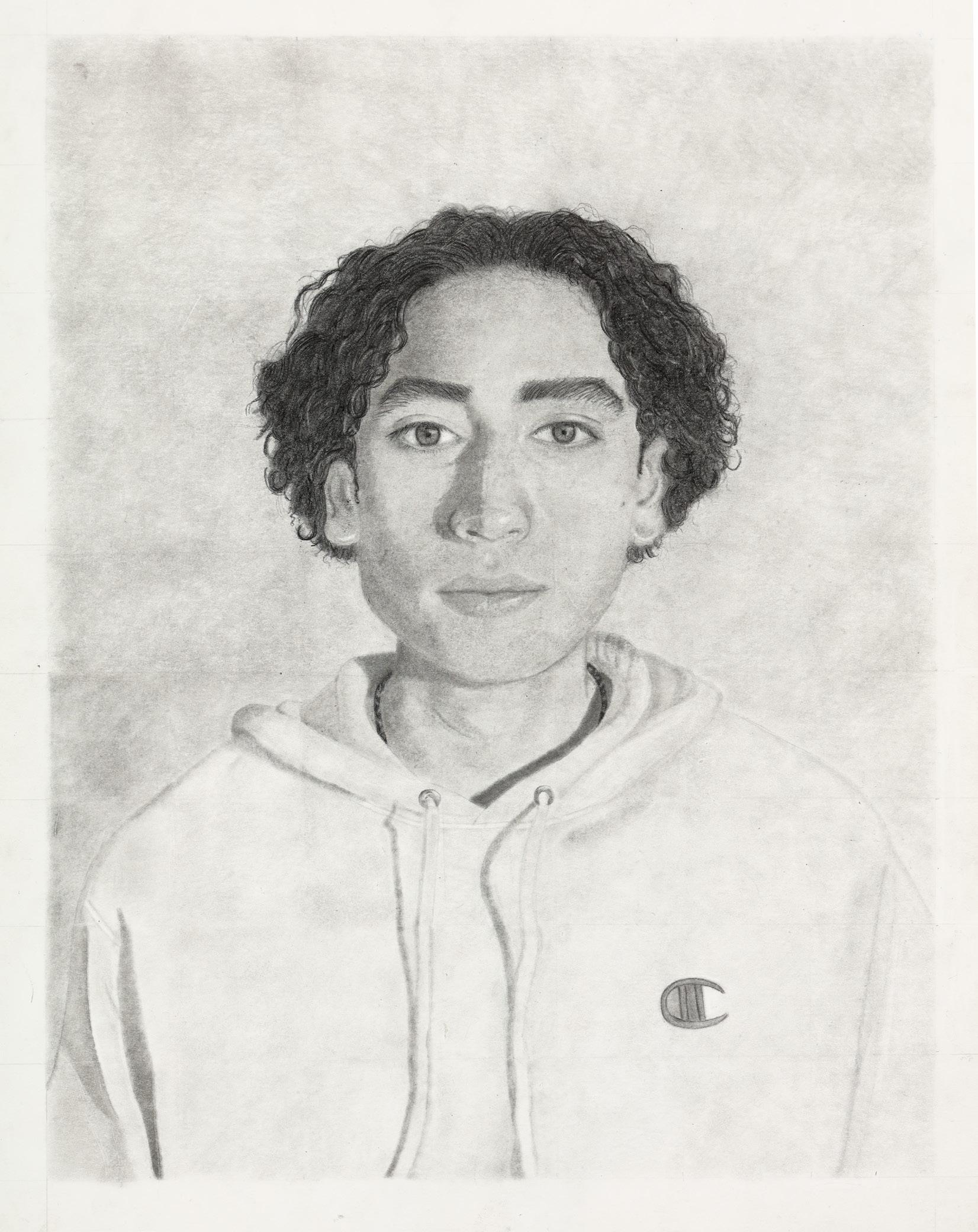
If you asked a child what their favourite day is, they will probably say Christmas, Easter or maybe their Birthday. But for me, my favourite day is, without a doubt, Halloween. The only other day that comes close is Christmas. While tearing into presents with family members is fun, it never compares to the sheer joy of donning a costume and running around the neighbourhood with friends on a chilly October night. Mario, Dirty Harry, Superman, The Grim Reaper, Iron Man, Batman, a soldier and even Macho Man Randy Savage: all costumes that I wore and adored during my childhood. Costumes were like putting on new skin, a skin that wasn’t the “fat kid”, an escape from my usual loneliness.
I put a lot of effort into my costumes, so I was always invited to go trick or treating with the popular guys during middle school. For one day of the year, I had classmates inviting me to their parties. It was surreal. Walking around the neighbourhoods, being flooded with compliments from people who didn’t know it was me under the mask. I’d even get extra candy sometimes because they loved who I was pretending to be. I’d thank them but the candy never excited me. Even though I was a chubby kid I preferred a savoury treat over a sweet one. Instead of throwing the candy out, I’d take this gargantuan bag of candy and dump it out all over the floor. The people who invited me would then scramble to gather as much as they could before it was all gone and honestly the round of gratitude after it was more precious to me than any amount of candy could have ever been – plus, the thank you note from my dentist didn’t hurt.
Halloween was a great day with great memories because I was treated differently than usual, I wasn’t usually thanked, nor was I usually praised. We all walked side by side as if yesterday we were all true friends, so I believed we were. It was an escape to a world of friends that I didn’t have, a world where I could ignore what I looked like. I wasn’t picked on, I wasn’t blamed for things
that I didn’t do, wasn’t left behind, wasn’t ignored, wasn’t hurt, wasn’t bullied, wasn’t insulted, wasn’t told to leave, wasn’t turned away, wasn’t laughed at and I wasn’t made into a walking joke. I just put on my costume and forgot all the crap that happened every other day of the year with these people. That was enough. An escape into a fantasy with a new face where the people around me who treated me like I didn’t matter were my friends. Ironically, this Illusion was broken on a Halloween night.
Two kids named Adam and Jack walked alongside me. Our parents were there but I tried to ignore them. My costume was of a soldier that year. It was a great costume with Camo clothes, vest, helmet, face paint, army boots, a prop assault rifle and a Bullet belt slung over my shoulder. Love went into putting it together. Adam and Jack were the ones I considered my best friends at the time… even though they were the worst offenders in getting me to cry at night. Adam and Jack both ran ahead, leaving me behind with the parents. So I went to the houses by myself. Adam’s mom called out to him to “come back” as I sulked through the experience. It was a betrayal of Halloween for me to be alone. When I got to the afterparty, it seemed like we’d all have fun that night after all. No. They locked me out of where everyone was hanging out, and made fun of me through the door as I tried to get them to let me in. The illusion was breaking. It shattered once I was let in, once they beat me, then laughed me out the door. I told my mom what happened and left. The next day, they weren’t my friends anymore.
In a twisted way, that Halloween was still an escape, an escape from a horrible mindset and people who treated me horribly. I cut them off and never spoke to them again, making sure I didn’t even give them a sideways glance. I did what I should have done a long time ago. Having an escape from life isn’t a bad thing,
it’s fine to want to leave worries behind and enjoy yourself for a bit. But needing an escape, being in a situation so bad you have to rely on delusions to keep yourself afloat in the sea of rotting emotions is not good for anyone. Escapism can trap you, make you need it and convince you you’re stuck in a cage without any walls. I realized this that Halloween night. I stopped trying to hide from what was happening, and because of that, I started being happier. Confronting the truth is a lot harder than escapism but is infinitely more rewarding. The year after that Halloween was my favourite Halloween ever because I stopped pretending, I went with somebody I was actually friends with and felt real joy. Even now Halloween is still an escape for me, but I don’t need it. I just still really like putting on a costume and running around the neighbourhood with my friends.
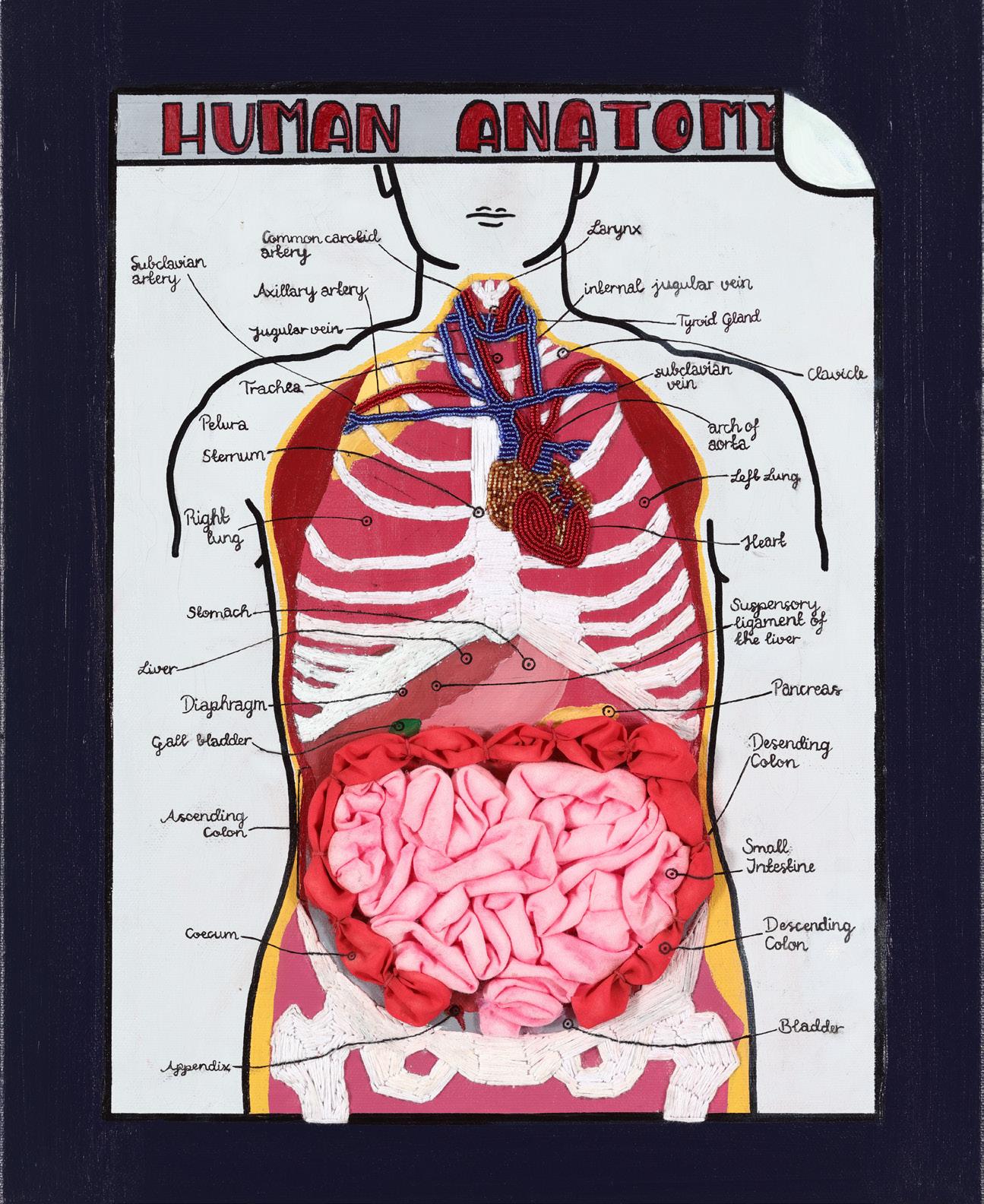
The world went black as Puck Number Five crashed against my skull, dividing my life into before and after. Some scars become invisible with time, but one remains. This one inserted itself into the fabric of my being, a permanent resident in my nightmares. To this day, I still remember that fateful night when I stood alone in front of the towering two-meter hockey net on that thin, crystal ice. The sky was clear with orange flames parading the clouds. Everything was quiet, except for the cold wind brushing past with a lovely melody.
That night, I came to play pickup hockey at our local Bob Armstrong Rink, which is isolated at the edge of town, far from any houses. Little did I know that John, who many know as Johnny Boy, and his lackeys would also be playing there. I have known John since I was younger. We were born in the same small town hospital just weeks apart, and from kindergarten to high school, we’ve always shared classrooms and teachers. But John is different from me. He is the captain of our school’s AAA hockey team, muscular and tall, and all the girls at school dream of one day being his girlfriend. John and his friends never liked me because I wasn’t like them. I was small, quiet, poor and the son of a single immigrant mother who worked long hours so we could afford rent and expired leftover groceries from our local store.
I didn’t wear name-brand clothes. My skates were secondhand, with torn-up leather and worn-out laces. They didn’t just tease me—they made sure I knew I didn’t belong. In the bathroom, they’d corner me and knock my backpack to the floor, dumping out my books and laughing as they kicked them around like a soccer ball. They’d shove me into lockers, slap the back of my head, and call me names that stung deeper than bruises. “Where’s your dad, huh?” they’d say, laughing, “did he abandon you and your mom? By the way, tell your mom to stop begging at the food bank.”
Their aggressiveness toward me culminated that night on the rink. They found me skating and thought it would be funny if I played with them. Seeing I wasn’t
interested in playing with them, they surrounded me like wolves ready to hunt. They would chase me if I ran, dragging me back to where I started. I had no way out. No matter how fast I ran or how hard I tried, I’d always end up back in their grip. Surrounded and hopeless, they dragged and forced me to stand before the goalie net so they could take turns shooting at me. I didn’t have any pads— just my hoodie and thin gloves. Sam, John’s best friend, fired the first shot, but luckily it didn’t hit me, though the next three slammed into my stomach and chest, knocking me to my knees. I was shaking, my legs weak, but as I was getting up, John fired the fifth shot. The puck pierced through the dense, cold air, hitting my head like a hammer striking glass—sharp, sudden, and shattering everything into silence.
My vision went white, then black. I remember feeling the cold pressed against my cheek like a hot iron on a cloth. I don’t know how long I stayed lying on the rink, but I remember getting home at 12:45 a.m. My mother was worried and quizzed me on why I was late. I could not tell her anything. She has been struggling with her divorce from my father and was laid off from work. I hid what had happened to me that night for a long time. I struggled with the aftermath of Puck Number Five on my own. Often, I would get a bloody nose, throw up, and my vision would blur like a fog rolling in. While sleeping, my brain felt like it was trembling inside my skull, a constant hissing sound threading through the silence. And beneath it all, almost like a cruel echo, I could hear the lullaby my mother used to sing to me—a melody meant to soothe, now haunting me in the dark. My mother noticed these changes and, from time to time, asked me what was going on. I made up every possible lie I could think of to lessen her worries. The pain and agony became so intense, twisted deep into my jaw bones and surged through every nerve, leaving me dizzy and nauseous each time.
Tonight, I’m going back to Bob Armstrong Rink one last time. The ice will be empty this late. I’ve written Mom a letter. I hope someday she will understand why Puck Number Five won’t let me go on.
